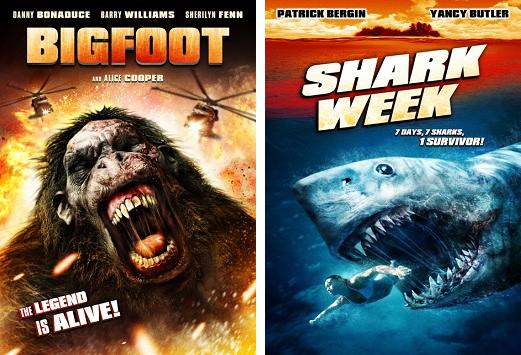Remember the last time you did a backup on your most treasured data? Digital information can disappear in a matter of seconds; hard drives fail, devices get damaged or stolen, information gets deleted accidentally, and online services get shut down.
So what can you do to preserve your information when it can all go away so fast?
Upgrade Your Storing Devices
Saving digital data might be challenging since the formats used change rapidly. You have to make sure you move your information to the latest storage medium and format before the old one gets discontinued or becomes unreadable.
From 8mm to floppy disks, we all have footage that’s virtually impossible to reproduce with modern technology. One solution is to digitize film, so you can access it whenever you want and store it in a longer-lasting way.
Use an External Hard Drive
Don’t trust that keeping your archives on your smartphone or computer is enough, chances are at some point they will stop working, and you don’t want to lose all the photos, videos, songs, and documents you were storing there forever.
The best option is to have an external backup hard drive you can keep in a safe place if anything happens to the first copy of the data.
Get a Backup of the Hard Drive
Although hard drives are exceptional when it comes to saving a lot of data, all of them are guaranteed to fail one day; be it tomorrow or in ten years, you might lose your information if you depend only on one hard drive.
So the best way to prevent this from being a tragedy is to consider having more than one hard drive as a backup of your beloved memories.
Use Cloud Storage Platforms
When it comes to cloud storage or online storage -which practically means to store your data in someone else’s hard drives- there are many options, from free storage providers that work great if you don’t have a lot of information to backup.
On the other hand, if you have tons of data to save or you want to backup your hard drive entirely, there’s a variety of low-cost options that will do the job for you. Usually, they range from $1 to $10 a month, and most of them offer unlimited devices.
Creating a Folder With Your Most Important Data
Creating a backup for every song, photo, video and document that comes into your life might sound exhausting and time-consuming; let me tell you, it probably is. Also, do you really want those blurry photos, screenshots, and memes taking up space you could utilize to save beloved memories? Yeah, I didn’t think so.
The best option for this is to create a folder packed with only your most treasured data so you can focus on taking care of what’s really important to you. That way, you can create multiple backups of it and add the memories you collect along the way periodically.
Burn CDs, DVDs or Blu-ray
Optical discs are another alternative for removable storage with many perks. It is an accessible, cheap and portable storage device. DVDs and Blu-rays usually offer enough space for an extensive collection of data. On the downside, CDs don’t have much capacity, so even if they work fantastic for text storage, it wouldn’t be a good choice if you’re trying to save a bunch of images.
Thumb drives and SD cards are not a viable way to store data since they need to be replaced at least every four years to ensure the integrity of your information, but you can get Archival Grade Blu-ray discs that allegedly last up to 100+ years.
Print Your Photos
Digital media is an incredible tool; you can store your information safely and access it whenever you want. But nothing compares -at least to us old-school folks- to holding a physical representation of those significant moments and places with your loved ones.
Print them, frame them and display them in a creative way all over the house so you can be constantly reminded of those memories. In this manner, you don’t risk your favorite pictures to a digital loss.
Digitize Your Printed Photos and Memories
Not only digital data is at risk of disappearing; every day, all kinds of accidents occur, and irreplaceable memories get lost forever. From floods to fires, anything could go down.
And even if we hope this never happens, there’s no way to know if it ever will. So it’s always worth it to go through the trouble of scanning all of your pre-digital era photos and documents and adding them to your backup.
Wrapping Up
Diversify your storage drives as much as you can, don’t depend entirely on one medium to hold all your information. Creating a backup to everything might be very frustrating, but it cannot be compared to losing a lifetime of memories.









